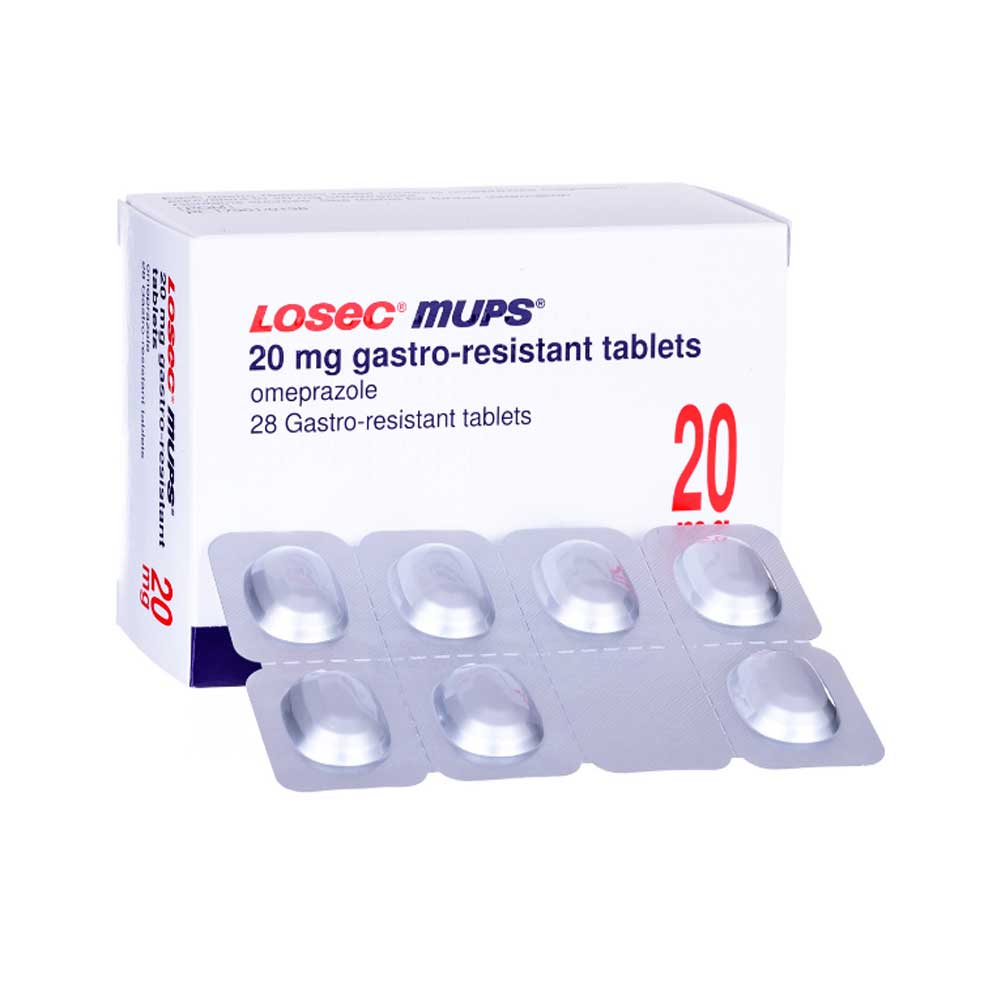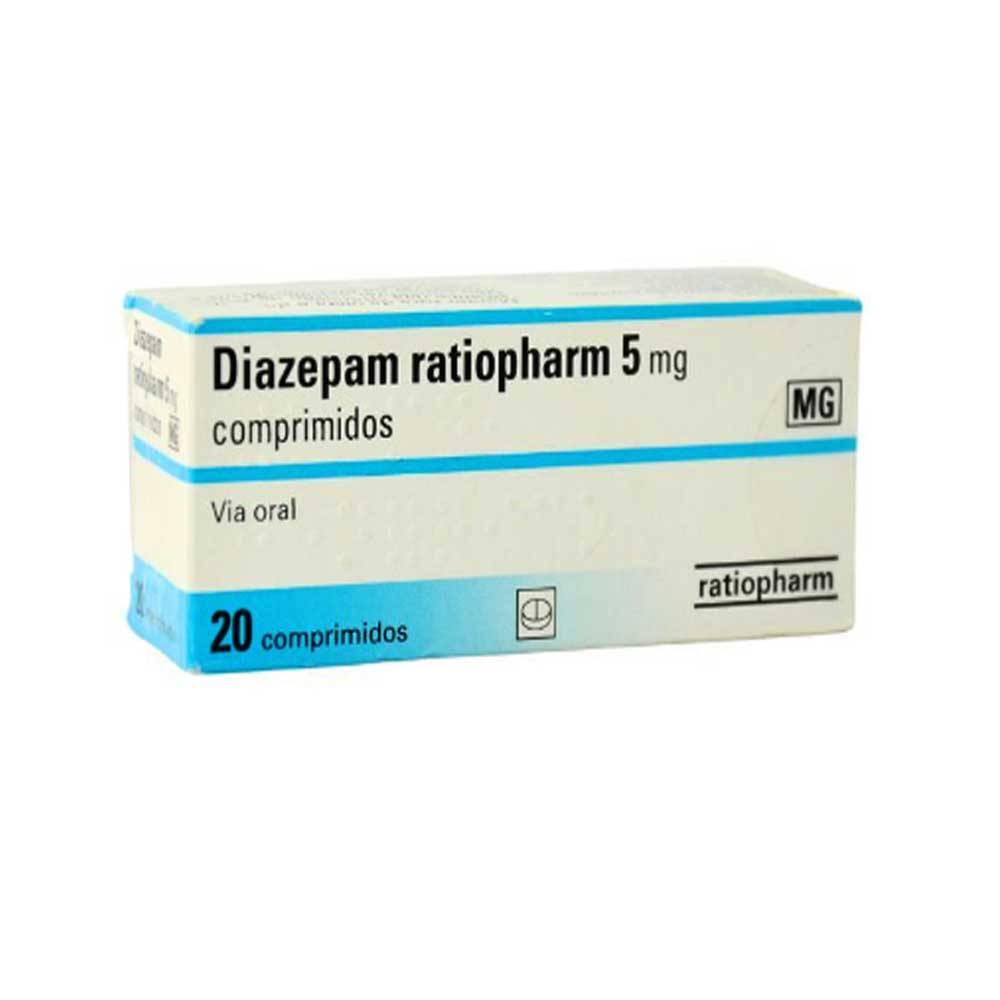Diazepam, commonly known by the brand name Valium, is a prescription medication belonging to the benzodiazepine family. It is widely used to treat various conditions such as anxiety disorders, muscle spasms, seizures, and alcohol withdrawal symptoms. Diazepam is well-known for its calming, sedative effects, making it one of the most prescribed medications for anxiety management. It also serves as a muscle relaxant and an anticonvulsant. Available in multiple strengths, including 2mg, 5mg, and 10mg tablets, diazepam is taken orally under medical supervision. Buy Diazepam (Valium).
How Diazepam (Valium) Works
Diazepam works by enhancing the activity of gamma-aminobutyric acid (GABA), a neurotransmitter that slows down brain activity. GABA plays a crucial role in regulating anxiety, muscle tension, and seizure activity by inhibiting excessive brain stimulation. By increasing the effects of GABA, diazepam helps calm the brain, relieve muscle spasms, and control seizure episodes.
- Anxiety Relief: Diazepam is commonly prescribed to alleviate symptoms of anxiety and panic attacks. It reduces feelings of tension, unease, and nervousness by calming overactivity in the brain.
- Muscle Relaxant: Diazepam is effective in reducing muscle spasms caused by injuries, chronic conditions like cerebral palsy, or other neuromuscular disorders. It helps relax tight muscles and relieves associated discomfort.
- Seizure Control: Diazepam is also used to treat seizures in patients with epilepsy or those experiencing convulsive episodes. It is often given as a rescue medication during severe or prolonged seizures.
Key Uses of Diazepam
- Anxiety Disorders: Diazepam is effective in treating generalized anxiety disorder (GAD), social anxiety, and panic disorders. It is often used for short-term relief of severe anxiety symptoms.
- Muscle Spasms: Diazepam is commonly prescribed for muscle spasms due to spinal cord injuries, inflammation, or neurological conditions like multiple sclerosis.
- Seizure Disorders: As an anticonvulsant, diazepam can help manage seizure disorders, including epilepsy. It is often used as an emergency treatment for prolonged seizures (status epilepticus).
- Alcohol Withdrawal: Diazepam is frequently used to manage the symptoms of alcohol withdrawal, such as tremors, agitation, and seizures. It helps stabilize the nervous system during detoxification.
Dosage and Administration
Diazepam is available in tablet form and should be taken according to your healthcare provider’s instructions. The typical dosage ranges from 2mg to 10mg, depending on the condition being treated, the patient’s medical history, and response to treatment. Diazepam is typically prescribed for short-term use due to its potential for dependence and tolerance. The dose may be adjusted over time to achieve the desired effect without causing side effects.
For anxiety disorders, the typical starting dose is 2mg to 5mg, taken 2 to 3 times a day. For muscle spasms or seizures, higher doses may be required.
Side Effects and Precautions
Common side effects of diazepam include:
- Drowsiness
- Fatigue
- Dizziness
- Muscle weakness
- Blurred vision
- Dry mouth
- Confusion
Serious side effects, though rare, can include breathing difficulties, extreme drowsiness, and unusual mood changes. Diazepam can also lead to dependence if used long-term or in higher doses than prescribed.
Precautions:
- Dependency and Tolerance: Long-term use of diazepam can lead to physical and psychological dependence. It is important to follow the prescribed dosage and not to use it for extended periods unless instructed by a healthcare provider.
- Alcohol and Drug Interactions: Avoid consuming alcohol or other central nervous system depressants while taking diazepam, as it can enhance the sedative effects and increase the risk of dangerous side effects.
- Pregnancy and Breastfeeding: Diazepam should be avoided during pregnancy and breastfeeding, as it can pass into breast milk and may harm the baby.
- Elderly Patients: Older adults may be more sensitive to the side effects of diazepam, particularly drowsiness and dizziness, which can increase the risk of falls.
Conclusion
Diazepam (Valium) is a trusted medication for managing anxiety, muscle spasms, and seizures. Its calming and muscle-relaxing properties make it a go-to option for short-term relief of various conditions. However, due to its potential for dependence and side effects, it should be used under careful medical supervision. Always consult your healthcare provider to determine the appropriate dosage and ensure safe use.











Reviews
There are no reviews yet.